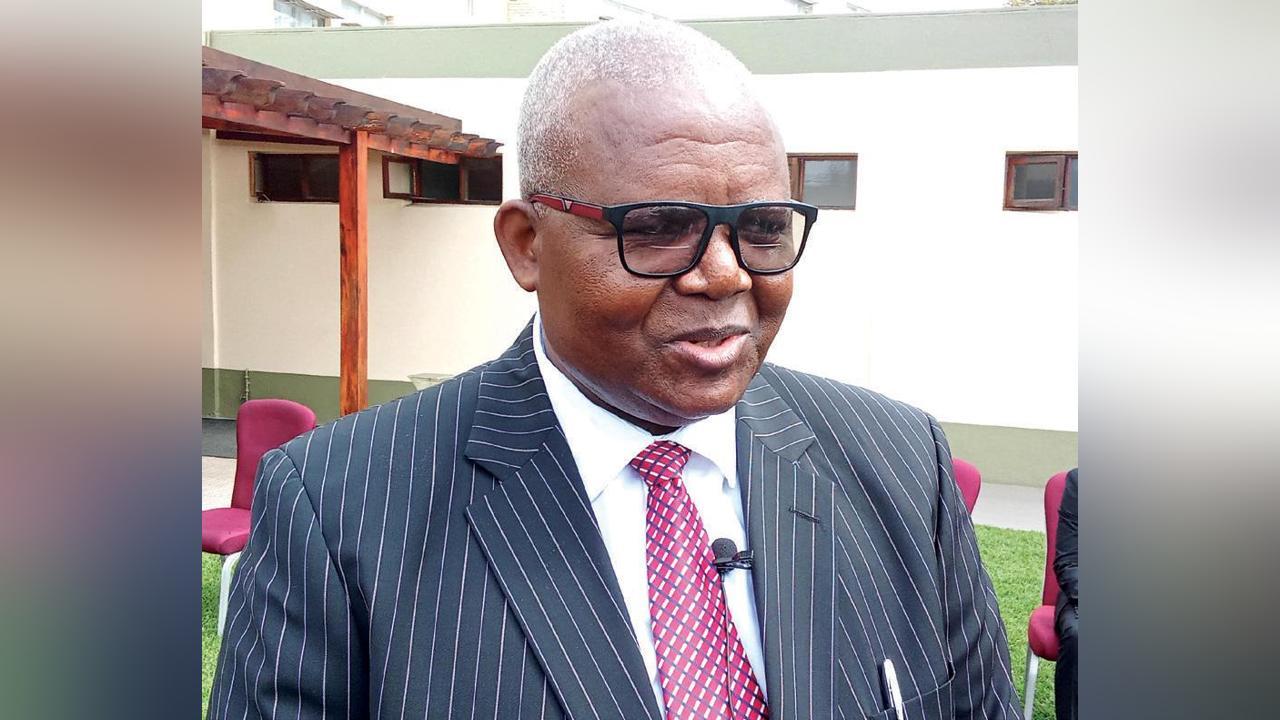Africa-Press – Malawi. Professor of Law at the Catholic University of Malawi Clement Ng’ong’ola has noted a number of gaps and proposed a review of some Republican Constitution provisions.
He has since proposed that the review should consider the issue of trimming presidential powers, adding that the appointment of the Attorney General and Cabinet ministers should be made upon approval by an independent body.
Ng’ong’ola argued that just like in many other African countries, the Republican Constitution provides too much powers to the President, disregarding the fact that the President alone cannot be in an ideal position to address all national issues.
He made the remarks yesterday during the opening of a two-day conference that is dedicated to reviewing the Republican Constitution, coinciding with its 30th anniversary since it was amended and adopted in 1994.
The law specialist argued that the Constitution of Malawi had undergone multiple revisions since its adoption, which should not be the case when everything is in order.
For instance, Ng’ong’ola said the Constitution of Malawi provides that it shall be amended either upon approval by two-thirds majority in the National Assembly or upon people’s approval through a referendum.
He, however, noted that “this has not been the case over the years”, citing the example of the removal of Section 64 which provided constituents with powers to recall their members of Parliament from the National Assembly in cases where the lawmakers were failing to perform their duties.
He also mentioned the removal of the constitutional provision which provided that Malawi shall have a Senate, apart from the National Assembly, saying these are some of the provisions that have been reviewed against the constitutional amendment requirement.
Rezine MzikamandaIn his remarks, Chief Justice Rizine Mzikamanda acknowledged that the Constitution has some weaknesses, arguing that the conference was partly aimed at analysing the weaknesses of the documents and proposing possible ways of improving them.
Mzikamanda then urged all stakeholders— including citizens, Judiciary, Executive and Legislative members of the government—to uphold the supremacy of the Constitution, emphasising its essential role in uniting government bodies and individuals with the aspirations of citizens.
He underscored the importance of constitutional supremacy, stating that it serves as a cornerstone for promoting the rule of law, democratic governance, transparency and accountability.
“The emphasis on constitutional supremacy, the rule of law, democratic governance, transparency and accountability provides appropriate anchors for our Constitution,” Mzikamanda said.
He then reflected on the past three decades, noting that the Constitution of the Republic of Malawi had been instrumental in shaping the nation’s identity, embodying its shared values, history and collective aspirations.
On the other hand, Malawi Law Society President Davis Njobvu highlighted the importance of the conference in addressing loopholes in the Malawi Constitution.
Njobvu acknowledged concerns raised by some law stakeholders that, sometimes, law reviews in Malawi do not happen to advance the interest of the people but, rather, those of leaders of the day.
He then expressed hope that the outcome of the conference would be key in determining the way forward regarding how to address gaps noted in the implementation of provisions of the Republican Constitution.
The conference, which is being held under the theme ‘The Constitution at 30: Reflections on Three Decades of the Constitution of the Republic of Malawi’, has been organised by the Malawi Law Society in collaboration with the University of Malawi.
For More News And Analysis About Malawi Follow Africa-Press






